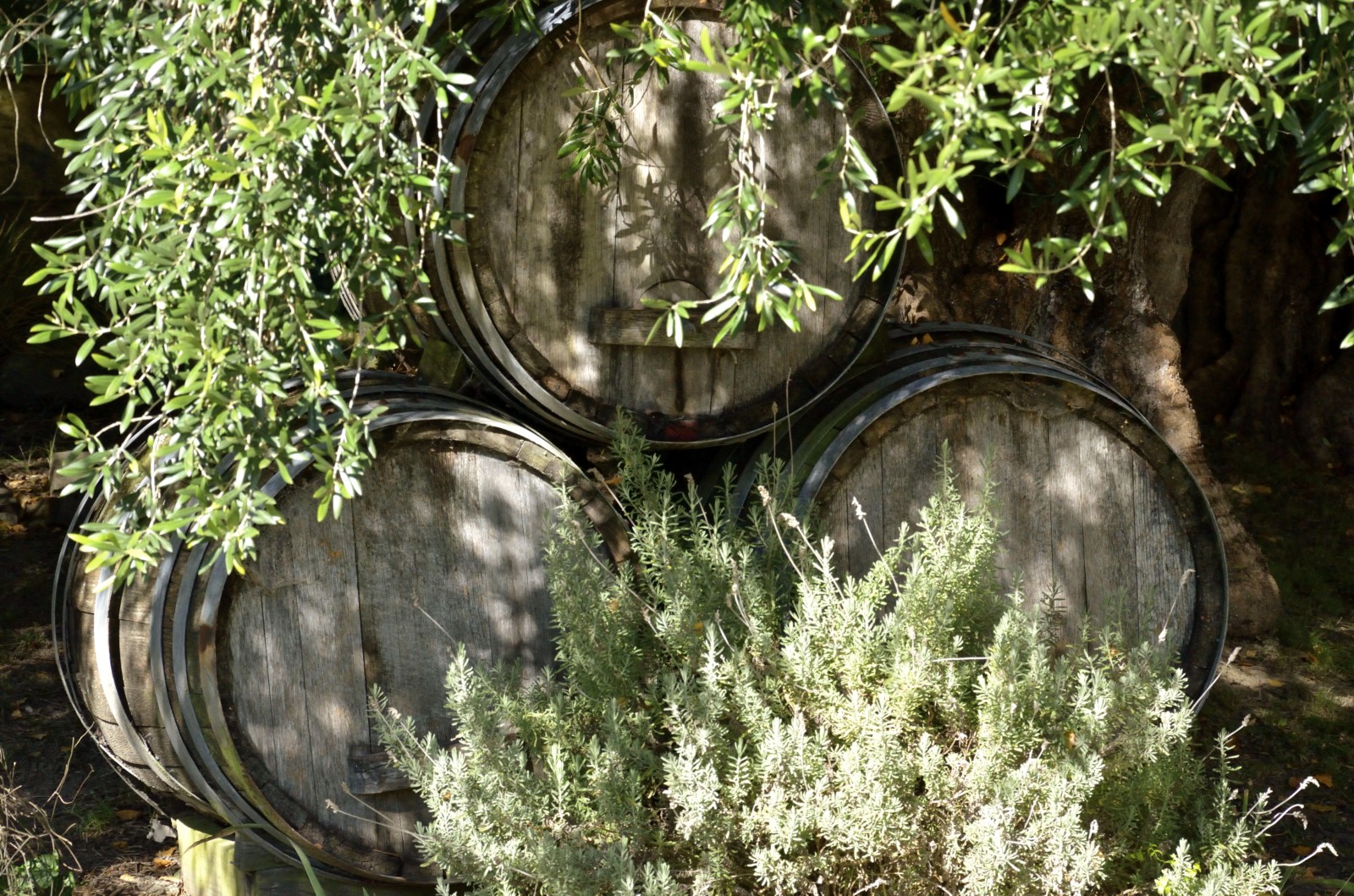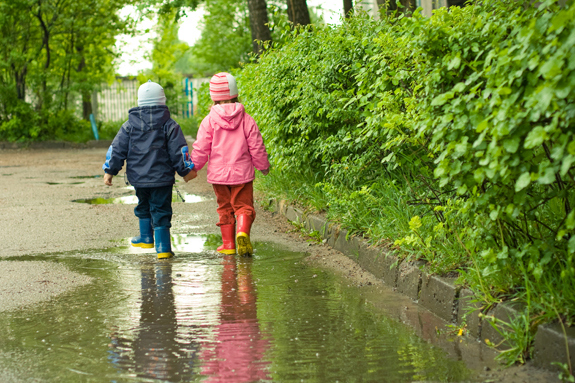Rising in the early hours is almost like entering a secret and special world, writes Gemma O’Sullivan. She goes into detail about some famous early risers and their sunrise rituals.
Words Gemma O’Sullivan. Photography Jessie Casson.
As the darkness recedes to reveal the first light of day, the dawn chorus reaches a crescendo, leaves sparkle with dew and all comes in to focus, slowly, beautifully.
Throughout time the early hours of the morning have held a special place in cultural and spiritual traditions. With a new dawn comes new possibility, and those who rise to greet it experience the benefits of this renewing energy. Whether waking early for mental clarity, spiritual practices, exercise or artistic pursuits, there has been much documentation of the value of morning rituals. And for those of us seeking to live more mindfully and purposefully in today’s time-poor world, the early hours of the morning may just hold the answer.

Meditation & prayer
In the East, meditation is thought to have been practised for several thousand years, evolving into the forms known today through spiritual traditions such as Buddhism, Hinduism and Taoism. The benefits of meditation are now widely accepted around the world, ranging from stress relief to the development of a deeper level of compassion towards oneself and others.
Across these spiritual traditions, the early morning hours hold a special place when it comes to meditation. As the late Indian spiritual master, Sri Chinmoy, taught: “If you meditate in the morning, you will find that your meditation will be most fruitful. Before the sun rises, the earth-consciousness is not yet agitated. The world has not yet entered into its daily turmoil. Nature is calm and quiet and will help you meditate.”
In Buddhism, while the daily rituals vary across monasteries and denominations, it is common for monks to rise each day between the eye-watering hours of 3 and 5am.
This is the practice of His Holiness the 14th Dalai Lama, who when at home in Dharamsala, India, wakes at 3am to shower and begin prayers. Meditation and prostrations take place until 5am, before he takes a walk and has breakfast.
Morning prayers are also a common practice in Christian traditions. Pope Francis, spiritual leader of the Roman Catholic Church, is known to rise at around 4.30am each day to allow time for two hours of prayer and preparation for his morning homily.
For the everyday person these pre-dawn hours may seem a little excessive, however simply rising 30 minutes or an hour before you normally set your alarm can provide a quiet space for spiritual and restorative practice.
Journaling & creative writing
Ernest Hemingway was an early riser, as was Tolstoy and many other authors of note.
Elizabeth Gilbert of Eat, Pray, Love fame wakes by 5am when she’s writing to get in several hours of work without distraction. She refers to this practice with fondness: “By 10am the phone is ringing, emails are coming in, all sorts of things need your care and attention. So I like those secret morning hours. If I’m really gunning, toward the end of a project, I might write past noon, but that would be rare.”
Celebrated Japanese author, Haruki Murakami, is another early riser and a devotee of daily rituals. In an interview in The Paris Review in 2004, he detailed his daily routine: “When I’m in writing mode for a novel, I get up at 4am and work for five to six hours. In the afternoon, I run for 10km or swim for 1500m (or do both), then I read a bit and listen to some music. I go to bed at 9pm. I keep to this routine every day without variation.”
However the practice of morning writing isn’t the sole domain of famous authors. In her bestselling book The Artist’s Way Julia Cameron encourages fellow artists to write in a journal first thing every morning. She instructs readers to fill three pages long-hand with a stream of consciousness each morning, without stopping to edit what is being put down on paper.
The premise of this practice is to establish a daily routine, clear the mind of unhelpful thoughts and unearth hidden gems in your consciousness before commencing your daily artistic work. Devotees of The Artist’s Way swear by this ritual, and it has been credited with bringing forth creative output ranging from novels to successful business concepts.

Early exercise
We all understand that we need to exercise regularly for good health. But the struggle to find time in the day and establish a routine with the competing demands of work and family life can make this practice challenging. Yet few could claim to live busier lives than entrepreneur Sir Richard Branson and US president Barack Obama, who are known for their habitual morning exercise routines.
Anna Wintour, famous editor-in-chief of American Vogue, is said to start each day at 5.45am with an hour-long game of tennis.
Whether greeting a new day with yoga, running or a walk to the office, the benefits associated with exercise, and morning exercise in particular, are motivation enough to help pull those covers off and face the brisk morning air.
Exercise is credited with providing more energy during the day as an elevated heart rate pumps oxygen and nutrient-rich blood to muscles and organs around the body. Morning exercise is believed to offer superior fat-burning potential; less sugars have been consumed for the body to burn, so fat is burned more readily. Research has shown that people who exercise every day also sleep significantly better and feel more alert during the day if they get at least 150 minutes of exercise each week. Exercise also offers psychological benefits for people with conditions such as anxiety and depression, and promotes good mental health for all.
Studies have indicated that a morning workout is easier to stick to. The early hours can offer a rare window of time without demands such as deadlines and responsibilities, providing an advantage over evening workouts which are often shunted down an ever-growing list of priorities.
Quiet moments for reflection
There is something immensely satisfying about getting out of bed early to simply spend time indulging in personal pursuits; whether reading the news, watering the garden, preparing a nourishing breakfast or doing whatever fills you with joy. There’s a feeling of pocketing time for yourself while the rest of the world slumbers. Rising early offers a unique opportunity to start the day slowly and intentionally.
Steve Jobs, late CEO of Apple, was known to wake each morning and reflect on his work and the day ahead. He famously told a graduating class at Stanford University of his morning ritual: “For the past 33 years I have looked in the mirror every morning and asked myself: ‘If today were the last day of my life, would I want to do what I am about to do today?’ And whenever the answer has been ‘No’ for too many days in a row, I know I need to change something.”
Founding Father Benjamin Franklin was another early riser, known for advocating that,
“Early to bed and early to rise makes a man healthy, wealthy and wise”. He, if anyone, would know. Franklin began each new day by asking himself: “What good shall I do today?”
So whether you would like to live more mindfully, write a novel, improve your fitness or change the world, the early morning hours may offer you the answer to the great question, “But when?







